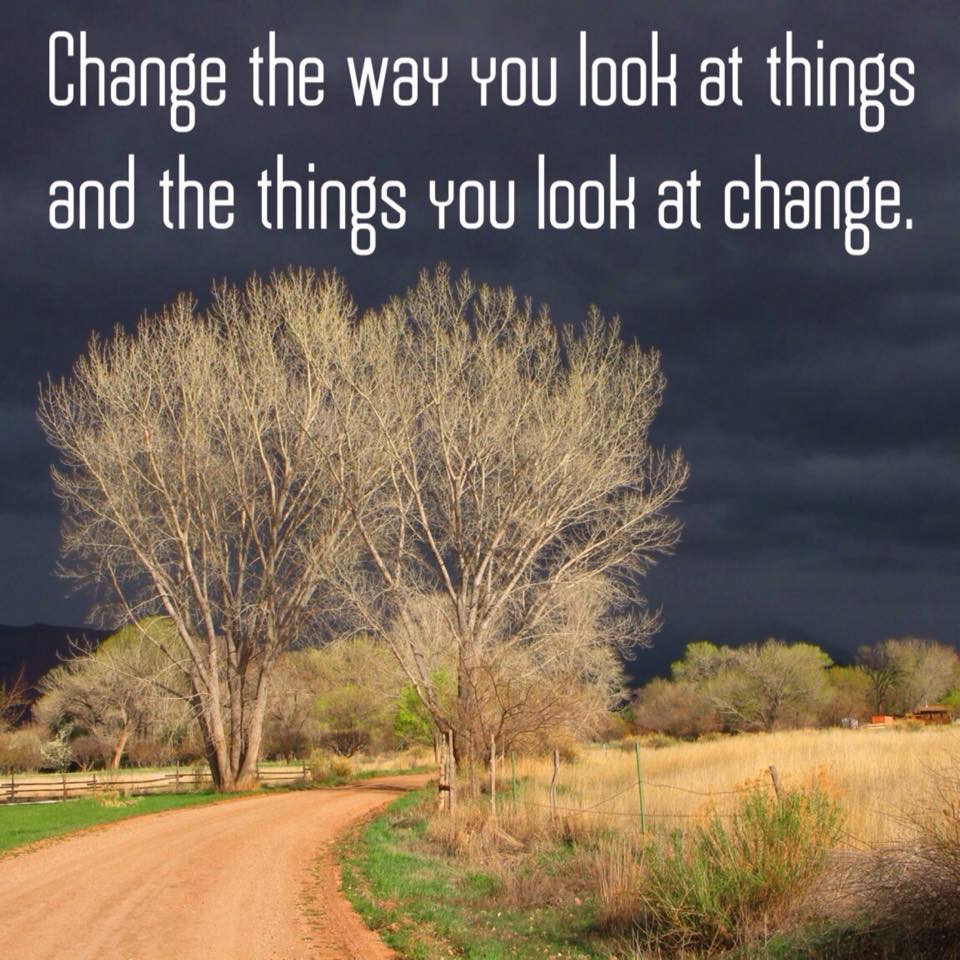Everyone hates this interview question. There is this taboo around talking dollars at interview, it normally gets left to right at the end of the interview to talk salary and everyone dreads the question. Most people try and dance around the question to avoid answering it, which in the end really gets you nowhere. If you answer with a figure that’s too high you think you’ll rule yourself out of the job or if you pitch too low you’re underselling your skills and expertise. Most people would think that this question is a no win situation for the interviewee. Wrong! You can turn this question around and make your response work for you.
The salary expectation question is a vital part of the interview process. It’s no different to a business meeting where a business is pitching their services and at some stage will need to tell their potential client what the charge rate is. So why do we avoid and dance around the dollars discussion?
By changing the way you look at the salary expectations question you can change the focus and outcome of the question. You shouldn’t be afraid of pitching what you feel you are worth. By changing your thought processes about talking salary you’ll change the way you handle the situation and deliver a better response.
Here’s some tips to help:
Research: You wouldn’t go in to a business meeting or to an auction to buy a house without having done some prior research and comparisons on market rates, so don’t go to an interview without having researched the position and company you are applying to. And I don’t mean just googling their website and reading the about us section of their website. Compare the job to what else is going in the market, gather data on salaries of similar positions in similar industries with similar levels of responsibility. Getting a copy of the Position Description will be a big help in doing your research and gathering data. It can be difficult to find this info for regional areas such as Ballarat but think outside the square. Use your networks, talk to experts. Make sure you understand and know your current package and what makes up that package – it never ceases to amaze me that people don’t really know what they earn or maybe they are just playing dumb – either way it’s not a good look.
Get Clarity: Understand in your own mind what it is about this specific job that appeals to you and what you think it has to offer, not just in regard to the dollars. You need to be very clear on this in your own mind so you can articulate this as part of your sales pitch at interview. Interviewers understand it’s not always just about the dollars but you need to articulate that clearly and concisely at the interview table. Know in your own mind what salary range you will be comfortable with and what the minimum is that you’ll walk away at or what else could be offered as part of the package if the dollars are lower, for example car allowance, flexible working hours, bonuses, ability to work from home, RDO’s, career progression. Have some options to negotiate on and giving a range rather than an exact figure will give you room to move.
Be Open: Getting defensive, cagey or vague is not going to help the situation yet this is the natural response for many interviewees when asked this question. People tend to dance around the question, try to shift the direction of the conversation and avoid answering it. Embrace this question, see it as an opportunity to sell your value, highlight your influencing and negotiating skills while demonstrating you’re not afraid to have the difficult conversations. That will work much more in your favour. Avoiding the question and demonstrating negative behaviour will leave the interviewer thinking you are hard work and they’ll be concerned with your inability or reluctance to handle difficult and delicate situations; probably not what they are looking for in a new employee.
If you feel the salary discussion is the elephant in the room or its distracting you in responding to other interview questions, put the discussion around salary on the table. Once it’s out in the open you’ll feel much better. Be open and honest, that’s never going to be a negative at an interview, the interviewer will probably respect and value you more for it. And at the end of the day being open and upfront about your expectations may simply save you and the interviewer time if ultimately you are on different pages when it comes to the dollars and that’s something you are better knowing earlier than later.
I don’t ask the salary expectations question to see how cheap I can get you for. The recruitment process and this question is about putting the pieces of the jigsaw together to ensure you are the right fit for the job and company and that the company and job are the right fit for you. Salary is just one small piece of that jigsaw puzzle. It’s ok if your salary expectations are higher than the range on offer, just make sure you show me what you can bring to the table for that extra investment. Show me how you can add value and why you are the right person for the job.
How have you handled the salary expectations question? Do you shy away from it or tackle it head on? I’d love to hear your thoughts and feedback on what has worked for you when talking salary.


